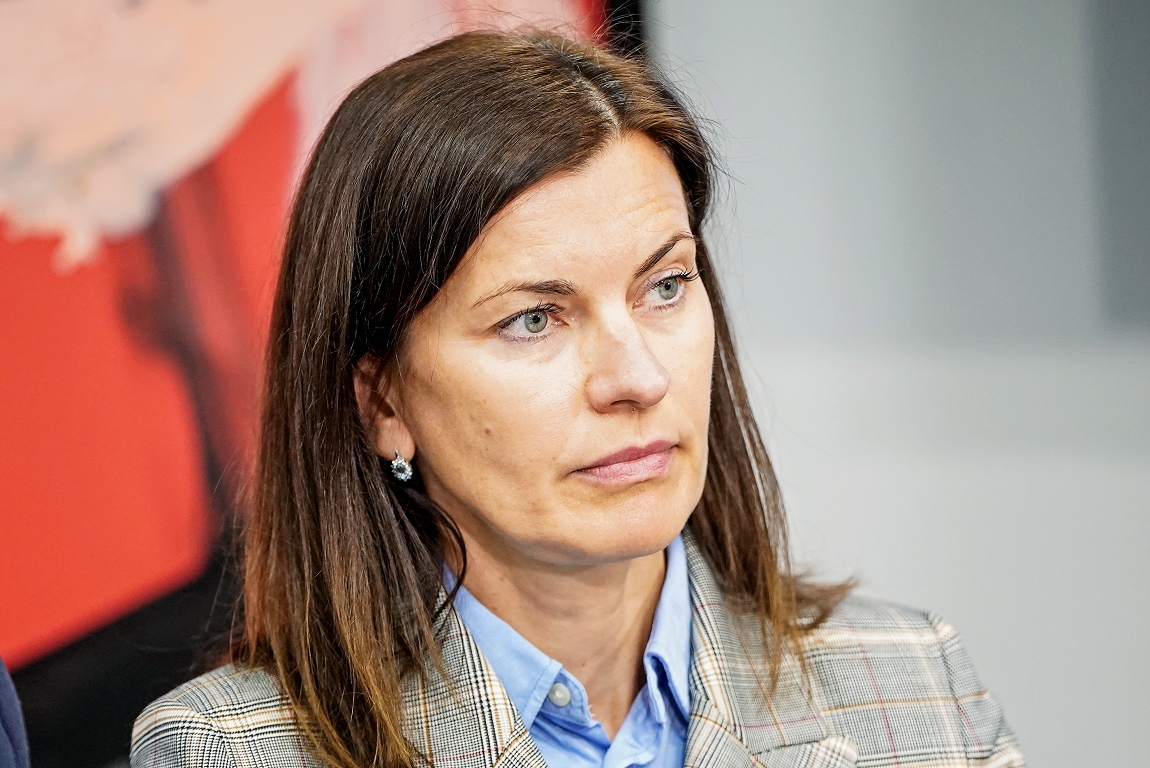The invisibility of young caregiver | Corriere.it

According to recent Istat estimates in Italy there are about 391 thousand between 15 and 24 years. It is essential that institutions, schools and mental health professionals are activated to provide them with adequate support
When it comes to caregiver, the most common image is that of an adult who assists a sick family member. However, there is an often ignored reality: that of young caregiver who take responsibility for taking care of a parent, grandfather or brother in difficulty. This condition, less visible and recognized, has a profound impact on their emotional, social and psychological growth. According to recent Istat estimates, in Italy there are About 391 thousand young caregivers between 15 and 24 years olda growing number compared to previous years. The most often involved pathologies include Physical and mental disabilities, oncological diseases, mental health disorders and chronic disabling pathologieswhich require continuous assistance and constant support. The early hiring of a care liability involves a reversal of family roles: children and teenagers, instead of receiving protection, find themselves having to guarantee it. The days are marked by assistance, sacrificing school, friendships and moments of leisure.
The weight of these responsibilities can generate chronic stress, anxiety and a strong sense of solitude. The need to appear « strong » and to hide one’s emotional discomfort it can negatively affect the ability to regulate emotional and the development of a healthy identity. If on the one hand the experience of caregiver can bring out extraordinary competences of resilience, empathy and early maturity, on the other He risks subtracting these young people the opportunity to fully experience their age. The sense of guilt for the time subtracted from assistance, the effort of reconciling study and family duties e the fear of not being « enough » They are recurring themes. It is therefore essential that institutions, schools and mental health professionals recognize this delicate role and activate for provide adequate support.
It is important that teachers and health workers are trained to identify young caregivers and their difficulties, predicting Psychological support programs and ensuring greater flexibility to prevent these guys from finding themselves in situations that can also lead toabandonment of studies. Auto-mutuo-help groups, therapeutic paths and initiatives that favor moments of leisure and socialization can make a difference in Reduce isolation and promote psychological well -being. The care of a family member should never weigh entirely on the shoulders of a young man. Creating a support network is essential so that these guys do not feel alone And they can transform the experience into a growth resource, without giving up the peculiarities of the evolutionary phase in which they are found and their future aspirations.
* Prof. Ass. Of Psychology, a. Life and health, Milan. Pres. Ord. Lombardy Psychologists






